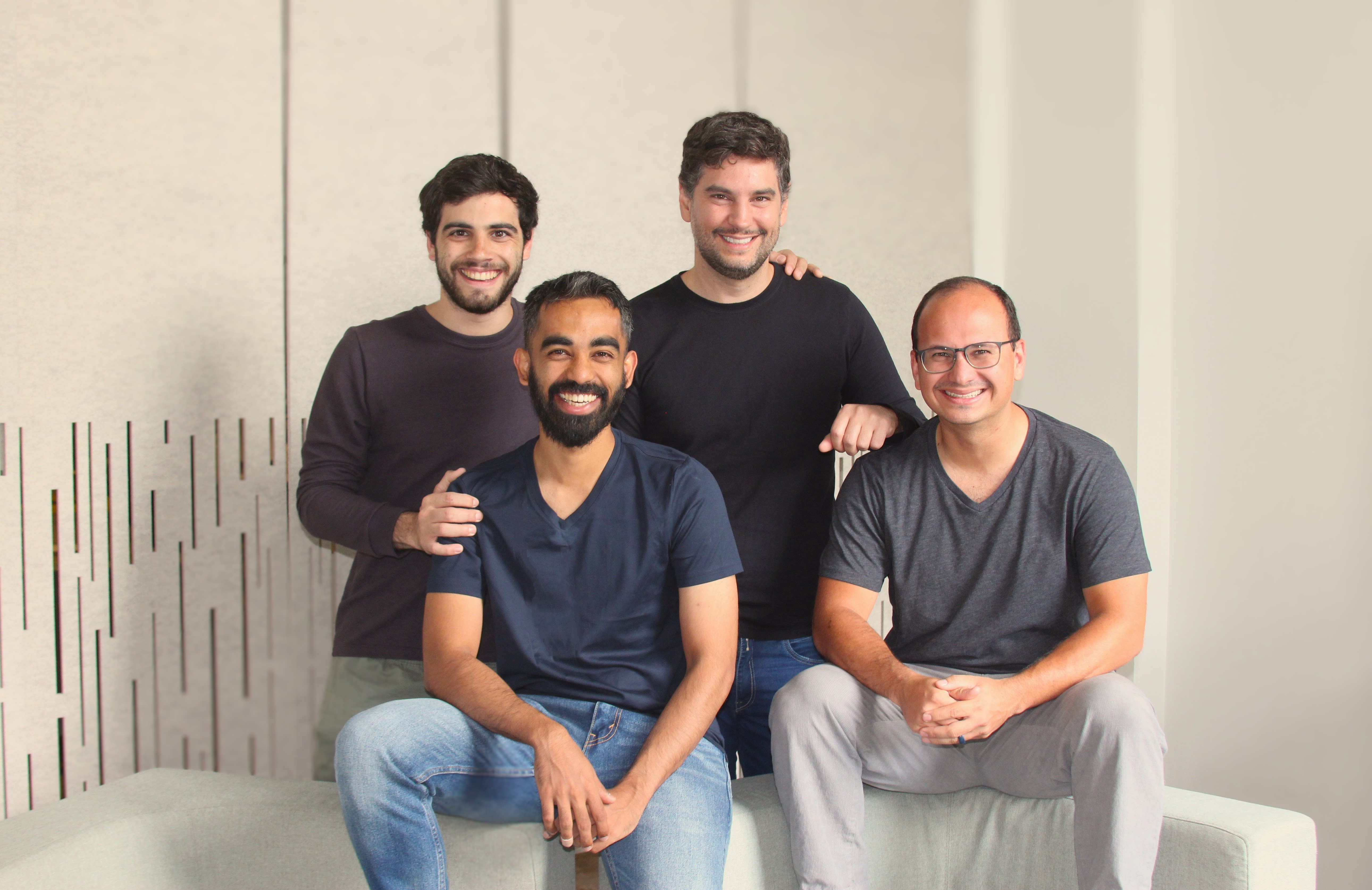Hyperplane, a San Francisco-based startup that is building foundation models to help banks predict customer behavior, is coming out of stealth today by announcing a $6 million funding round led by former Stripe exec Lachy Groom, who was joined by SV Angel, Clocktower Technology Ventures, Liquid2 Ventures, Soma Capital, Latitud, Atman Capital, Crestone VC and Norte. The general idea here is to help banks use their first-party data to build personalized experiences by predicting user behavior.
The company is already working with about a dozen banks in Brazil and has now set its sights on expanding to the U.S. as well. And while Hyperplane is currently solely focused on the world of banking, over time, the team plans to bring its technology to other verticals, too.
Hyperplane was co-founded by Felipe Lamounier, Daniel Silva, Rohan Ramanath and Felipe Meneses. Lamounier (CEO) spent the last seven years building StartSe, an edtech startup in Brazil, while Silva and Ramanath previously built large-scale AI systems at Google and LinkedIn, respectively.

“The core hypothesis we started with was: What does it take to build a personalization layer for banks across the world,” Ramanath explained. “If you think of the big technology companies, they have a lot of first-party data, but they also have a lot of investments in data infrastructure and enterprise data warehouses to use all of this data to understand the consumer, to build personalization into every single product page, and finally build this into the consumer experience itself. The goal for hyperplane is, if banks across the world have a lot of first-party data, what does it take to build a data intelligence layer so that banks can plug in their first-party data?”
Lamounier also stressed the fact that banks have the kind of granular data about their customers that isn’t available to other services. “One of the arguments that I use to sell to banks is that the data that these banks have about me as a client is much more vulnerable to catch my behaviors than what Google or Facebook have. It doesn’t matter if I go to the Porsche website — that doesn’t mean that I can buy a Porsche. But Chase or Bank of America, they know the kind of restaurants I go to, what grocery store I go to. If I pick up Uber, what is the affordability? All that data is in-house.”
Currently, most banks barely provide any personalized experiences, so the baseline is low. Yet consumers increasingly expect their banking experience to be more like their other online experiences — especially in a competitive market for banks like Brazil. At its core, Hyperplane provides these banks with the APIs to build these personalization models on the fly. All of these deployments are private and the team stressed that it doesn’t do any data sharing. Hyperplane is also using its own models for all of this.
Currently, the company offers two modules: one for building audience segments and another for creating lookalike audiences to expand potential target audiences by finding similar users. “We found that by building task-specific models, we can get a lot more mileage out of building something custom and from the ground up,” Ramanath said.
Most recently, Hyperplane launched Mandelbrot LLM, a model that specifically helps banks predict when, for example, a customer may churn or which users treat a given bank as their primary bank.
Hyperplane says that using its services allowed the credit limit division of a neobank in Brazil to increase transaction volume by 46%, for example, by being able to get a clearer vision of the estimated income of its customers.
“Brazil has been through an important pro-competition movement in the last decade, and today we see an ecosystem that is eager to adopt new technologies,” Lamounier noted. “The Hyperplane Cloud can scale across markets with little effort, and we’ll soon announce our first partnerships in the U.S.”
Good old-fashioned AI remains viable in spite of the rise of LLMs































Comment